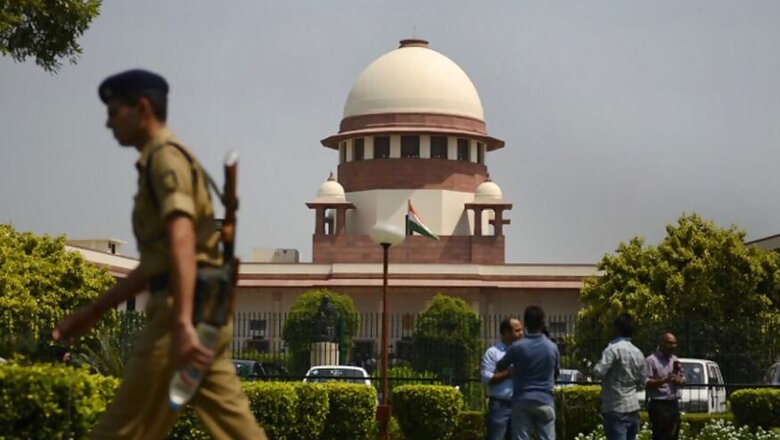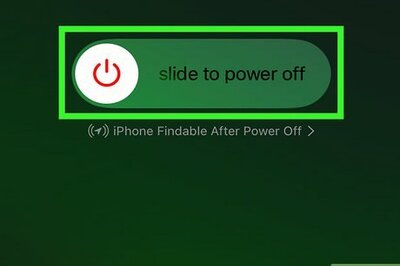
views
New Delhi: Former Chief Justice of India A M Ahmadi on Friday lamented that the Supreme Court is "shirking responsibility" by sending cases of fundamental rights to high courts, and hoped that the apex court will use its powers to prevent the violation of the basic rights.
Noting that high courts have "limited" powers over the issue of fundamental rights, Ahmadi hoped that the apex court will not hesitate "to use Article 32 to enforce the fundamental rights, which is sometimes violated with impunity as the so-called gau rakshaks did in a spell in this country."
"Any violation of the fundamental rights can be enforced only through Article 32 and yet I have seen several judgements where the Supreme Court has said 'go to the high court'.
"That is shirking responsibility, if I am quoted. That is how I look at it," he said during a conference in New Delhi.
He pointed out that the powers of the Supreme Court is very "broad" through which violation of fundamental rights can be remedied.
The remarks came in the backdrop of a debate over the eating habits of people, including restrictions on consuming beef.
He said when the fundamental rights are violated, the remedy is provided by Article 32.
"And a responsibility is cast on the Supreme Court to enforce the fundamental rights through Article 32 as and when they are violated. But over a period of time unfortunately, I say, this has been ignored and very often when a petition is moved under Article 32, the Supreme Court instead of taking up its responsibility says 'go to the high court'," Ahmadi said.
The powers that a high court has are very "limited" under Article 226 of the Constitution, whereas the powers vested with the Supreme Court under Article 32 are very broad so that a violation of fundamental rights could be remedied, he said.
"Supposing (there is) a very substantive violation of a fundamental right, how are you going to enforce it. There is no provision in the Constitution less than the Article 32, which is the last provision in the chapter of fundamental rights," he pointed out.
He said Article 32 itself is a fundamental right and what is required in that article is that all other fundamental rights come within the jurisdiction of the Supreme Court.
The Constitution confers the Supreme Court responsibility to enforce the fundamental rights. "If you do not exercise that jurisdiction you are virtually negating to yourself a fundamental right. It is not something one can appreciate," he added.

















Comments
0 comment